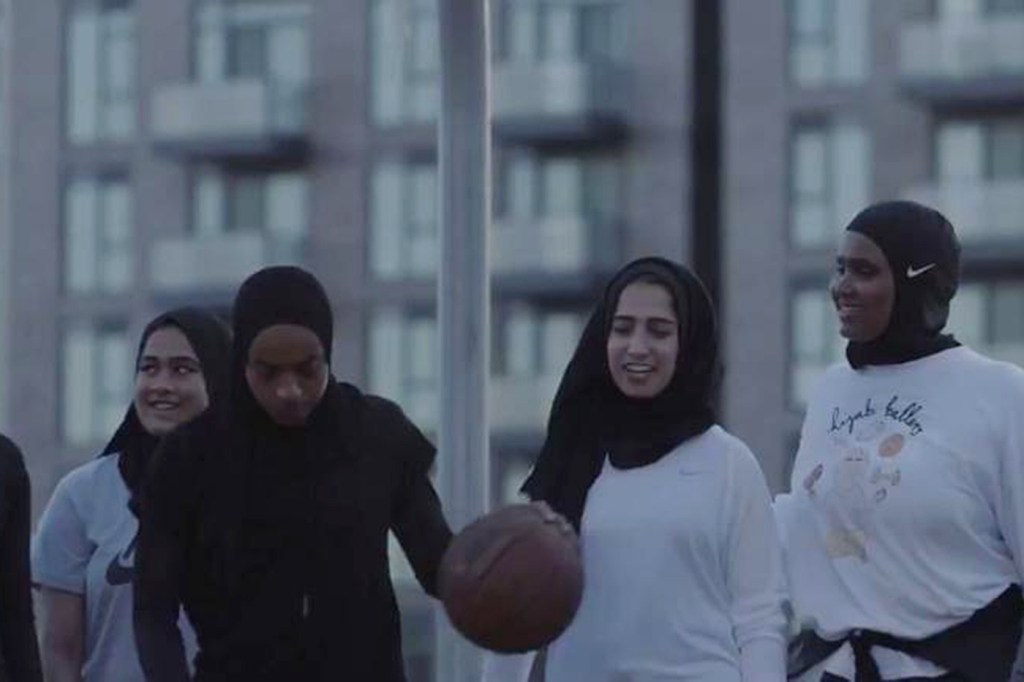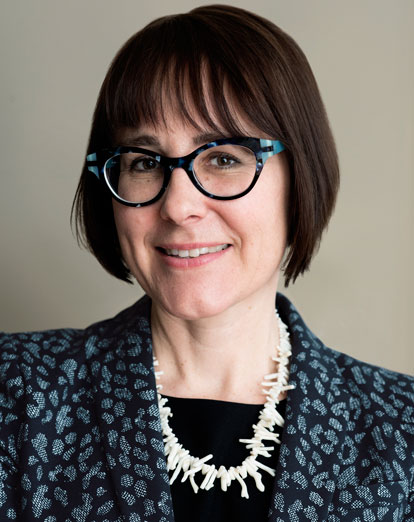The NBA’s Toronto Raptors partnered with Nike to create team-branded hijabs for Muslim women

After becoming the first Canadian team to win a championship in the National Basketball Association in June, the Toronto Raptors have made history once again.
The Raptors now say they are the first team in the league to market and sell athletic hijabs, which are head coverings worn by some Muslim women.

Liz Bucar, a professor of religion at Northeastern who teaches a course on the politics of the veil. Courtesy photo Liz Bucar
The team formed a partnership with Nike to design the hijabs, which bear the Raptors logo and the iconic swoosh, and unveiled them on Twitter last week.
Liz Bucar, a professor of religion at Northeastern who teaches a course on the politics of the veil, says that the new hijabs could help to increase the participation of Muslim women in sports.
“It’s not an innovation on design, but it is significant that a major sports apparel company now has a swoosh on the side of a hijab,” says Bucar, who recently published a book that examines how clerics, designers, politicians, and bloggers try to influence what Muslim women wear. “Representation matters, especially when you think about Muslim girls seeing themselves represented as athletes. It seems like a good sign for the Muslim community.”
Bucar says the new hijabs mark the latest effort by apparel companies to create clothing for people of different ethnic backgrounds, cultures, and lifestyles. For example, Zappos, the online retailer, now sells clothes and footwear for people who may have difficulty dressing themselves.
“When you think of the bigger picture, a lot of apparel companies are starting to pay attention to consumers who want to buy these things,” she says. “Consumers are putting value in brands that seem to care about diversity and inclusivity.”
Inspired by those brave enough to change the game.
The Toronto Raptors Nike Pro Hijab is available now.#WeTheNorth pic.twitter.com/D1fY1mWGhy
— Toronto Raptors (@Raptors) September 13, 2019
Bucar placed extra importance on the release of the new hijabs because they are being sold by a team in Canada. In June, the goverment of the province of Quebec banned newly hired public servants from wearing Muslim head scarves and other religious symbols, including Jewish yarmulkes, Sikh turbans, and Christian crosses. The government argued that the legislation was necessary to keep church and state separate.
“It’s an important time for a major Canadian sports team to come out and support Muslim women,” Bucar says. “I want to celebrate that.”
For media inquiries, please contact media@northeastern.edu.





